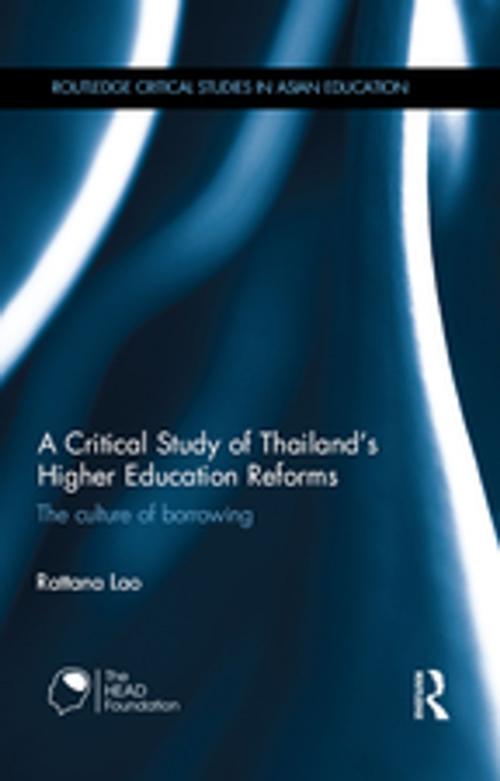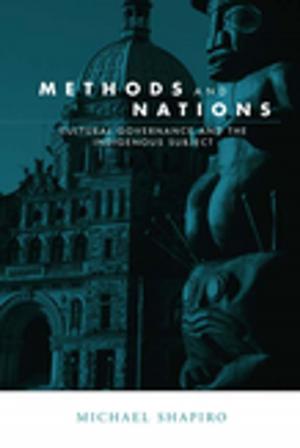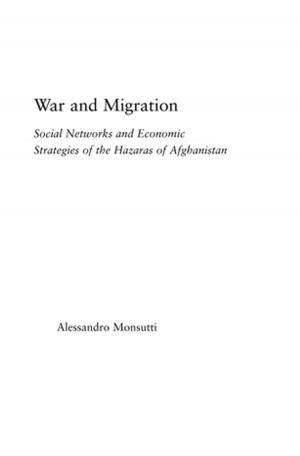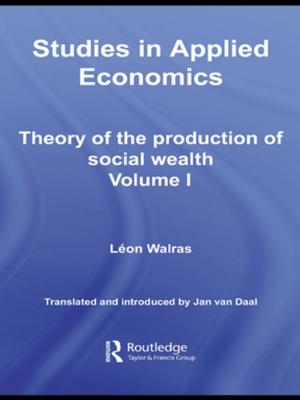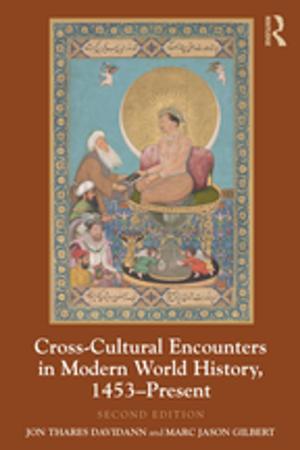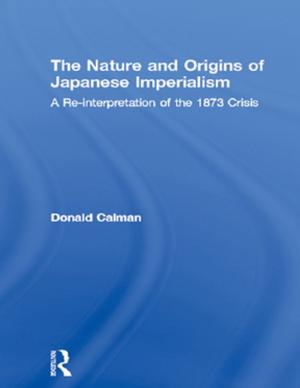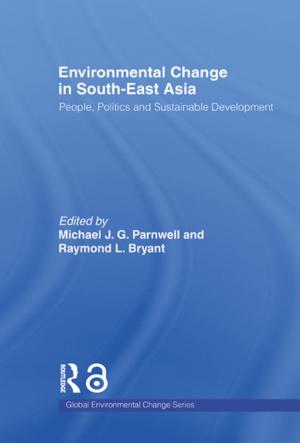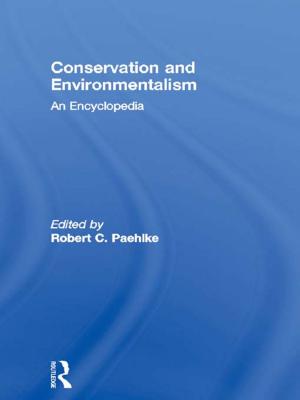A Critical Study of Thailand's Higher Education Reforms
The culture of borrowing
Nonfiction, Reference & Language, Education & Teaching, Educational Theory, Educational Reform, Higher Education, Social & Cultural Studies, Social Science| Author: | Rattana Lao | ISBN: | 9781317691921 |
| Publisher: | Taylor and Francis | Publication: | May 15, 2015 |
| Imprint: | Routledge | Language: | English |
| Author: | Rattana Lao |
| ISBN: | 9781317691921 |
| Publisher: | Taylor and Francis |
| Publication: | May 15, 2015 |
| Imprint: | Routledge |
| Language: | English |
This book offers a critical examination of contemporary higher education reforms in Thailand situated in the broader historical, socio-economic and political changes. Through a qualitative case study with three methods of inquiry, this book explores why different 'global education policies' such quasi-privatisation, internationalization, as quality assessment (QA) have resonated in Thailand higher education sector. Grounded in policy borrowing and lending, this book uses the politics, economics and culture of borrowing to analyse major reforms in Thailand for the past one hundred years. It is argued that historical legacy, policy contexts and belief systems of policy elites play pivotal roles in facilitating policy changes or the lack thereof. While historical analysis elucidates that the Thai state has always been an active borrower of western ideas, the perseverance of the 'Thai-ness' discourse has often been used to suggest its so-called independence and idiosyncrasy. This in-depth analysis of the Thai case aims to contribute to the critical studies in Asian education, comparative higher education, policy borrowing and lending and Thai studies. The Culture of Borrowing intensively studies the policy appropriation in the Thai education system by analysing:
• Selective Borrowing and the Historical Development of Thai Higher Education
• The Asian Economic Crisis as Window of Opportunity: Autonomous University
• Internationalization of Teaching: Quantitative and Qualitative Challenges
• The Emergence of Quality Policies and their Rationales
• The Intended and Unintended Consequences of Quality Policies
This book will appeal to researchers in Education, particularly to scholars studying educational policies within the context of tertiary education. It will also interest scholars specialising in Asian and South-east Asian Studies.
This book offers a critical examination of contemporary higher education reforms in Thailand situated in the broader historical, socio-economic and political changes. Through a qualitative case study with three methods of inquiry, this book explores why different 'global education policies' such quasi-privatisation, internationalization, as quality assessment (QA) have resonated in Thailand higher education sector. Grounded in policy borrowing and lending, this book uses the politics, economics and culture of borrowing to analyse major reforms in Thailand for the past one hundred years. It is argued that historical legacy, policy contexts and belief systems of policy elites play pivotal roles in facilitating policy changes or the lack thereof. While historical analysis elucidates that the Thai state has always been an active borrower of western ideas, the perseverance of the 'Thai-ness' discourse has often been used to suggest its so-called independence and idiosyncrasy. This in-depth analysis of the Thai case aims to contribute to the critical studies in Asian education, comparative higher education, policy borrowing and lending and Thai studies. The Culture of Borrowing intensively studies the policy appropriation in the Thai education system by analysing:
• Selective Borrowing and the Historical Development of Thai Higher Education
• The Asian Economic Crisis as Window of Opportunity: Autonomous University
• Internationalization of Teaching: Quantitative and Qualitative Challenges
• The Emergence of Quality Policies and their Rationales
• The Intended and Unintended Consequences of Quality Policies
This book will appeal to researchers in Education, particularly to scholars studying educational policies within the context of tertiary education. It will also interest scholars specialising in Asian and South-east Asian Studies.
